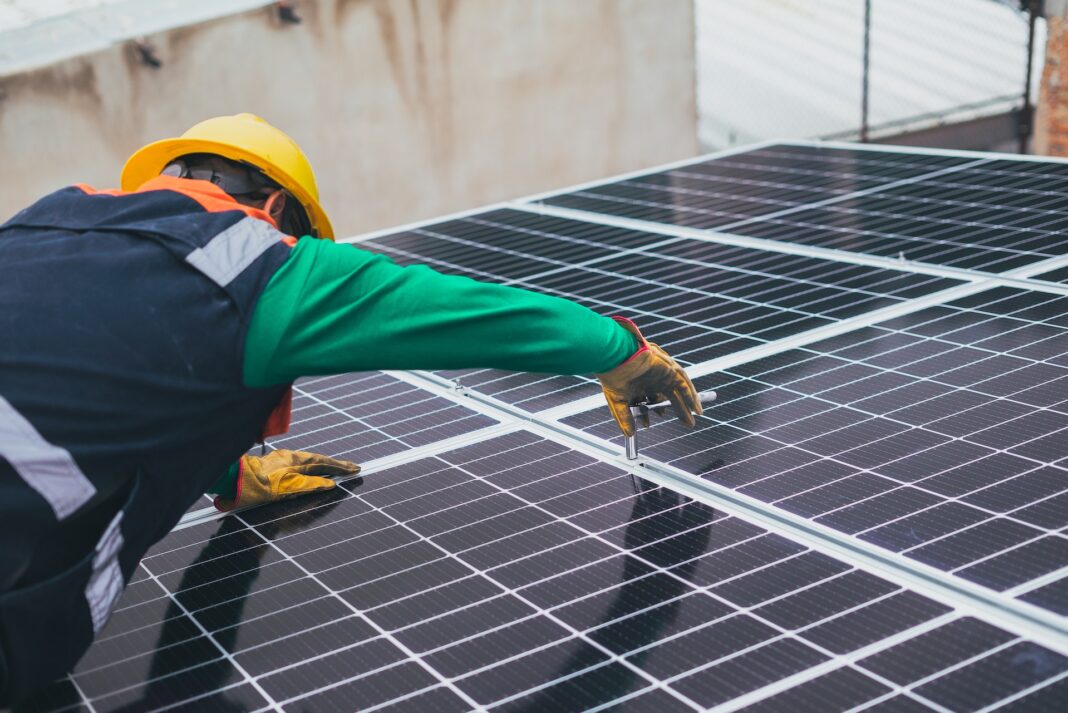As the world turns to renewable energy sources, solar panels have become an increasingly popular option for homeowners and businesses alike. However, many people wonder how long these panels will last and whether they are worth the investment. In this article, we will explore the lifetime of solar panels and provide a comprehensive guide on everything you need to know.
Understanding the Lifetime of Solar Panels
Solar panels are designed to last for a long time, but how long exactly can vary depending on several factors. Most solar panel manufacturers offer warranties that range from 20 to 25 years, but the actual lifespan of the panels can be longer or shorter than the warranty period.
The lifetime of solar panels is typically measured in terms of their degradation rate, which is the rate at which their energy production decreases over time. The degradation rate is influenced by several factors, including:
- Panel Quality and Materials
The quality of the solar panels and the materials used in their construction can have a significant impact on their lifetime. High-quality panels made with durable materials tend to last longer than those made with cheaper materials.
- Environmental Factors
Solar panels are exposed to the elements and can be affected by weather conditions such as hail, wind, and snow. In addition, the temperature and humidity of the environment can affect the panels’ performance and lifespan.
- Maintenance and Cleaning
Regular maintenance and cleaning can help extend the lifetime of solar panels. Dirt and debris can accumulate on the surface of the panels, which can decrease their energy production over time.
The average lifetime of solar panels is around 25-30 years, but this can vary depending on the above factors. Let’s take a closer look at each of these factors and how they can affect the lifetime of solar panels.
Factors Affecting the Lifetime of Solar Panels
1. Panel Quality and Materials
The quality of the solar panels and the materials used in their construction can affect their performance and lifespan. High-quality panels made with durable materials tend to last longer than those made with cheaper materials.
- Panel Quality
High-quality solar panels are designed to withstand harsh environmental conditions and last for many years. They are typically made with high-grade materials and undergo rigorous testing to ensure their durability and performance.
- Materials Used
The materials used in solar panels can also affect their lifetime. For example, panels made with high-quality silicon tend to last longer than those made with lower-quality silicon.
- Testing and Certification
When purchasing solar panels, it’s important to look for panels that have been tested and certified by reputable organizations. These certifications indicate that the panels have been tested for durability, performance, and safety.
2. Environmental Factors
The environment in which solar panels are installed can have a significant impact on their performance and lifetime. Solar panels are designed to be durable and withstand the elements, but certain environmental factors can still affect their performance and lifespan.
- Weather Conditions
Solar panels are exposed to the elements and can be affected by weather conditions such as hail, wind, and snow. Panels that are installed in areas with severe weather conditions may degrade faster than those installed in milder climates.
- Temperature and Humidity
The temperature and humidity of the environment can also affect the performance and lifespan of solar panels. Panels that are exposed to extreme temperatures or high humidity may degrade faster than those installed in more moderate conditions.
3. Maintenance and Cleaning
Regular maintenance and cleaning can help extend the lifetime of solar panels. Dirt and debris can accumulate on the surface of the panels, which can decrease their energy production over time.
- Cleaning
Cleaning the surface of solar panels regularly can help remove dirt and debris that can accumulate and decrease their energy production. Panels should be cleaned with a soft cloth or brush and water.
- Maintenance
Regular maintenance and inspections can help identify any issues or damage that may affect the performance and lifespan of solar panels. It’s important to have a professional inspect the panels every few years to ensure that they are working properly and to identify any potential issues.
FAQs
Q: Do all solar panels have the same lifetime?
A: No, the lifetime of solar panels can vary depending on several factors, including the quality of the panels, the materials used in their construction, and the environmental conditions in which they are installed.
Q: Can solar panels be repaired if they are damaged?
A: Yes, in most cases, solar panels can be repaired if they are damaged. However, it’s important to have a professional inspect the panels to determine the extent of the damage and whether it can be repaired.
Q: How often should solar panels be cleaned?
A: Solar panels should be cleaned regularly to remove dirt and debris that can accumulate and decrease their energy production. The frequency of cleaning will depend on the environmental conditions in which the panels are installed.
Conclusion
Solar panels are a durable and long-lasting source of renewable energy that can provide significant cost savings over time. The lifetime of solar panels can vary depending on several factors, including the quality of the panels, the materials used in their construction, and the environmental conditions in which they are installed. Regular maintenance and cleaning can help extend the lifetime of solar panels and ensure that they are working properly. When purchasing solar panels, it’s important to look for high-quality panels that have been tested and certified by reputable organizations to ensure their durability, performance, and safety.
The article was written in cooperation with the experts of mafot.com – installation elements for photovoltaics






